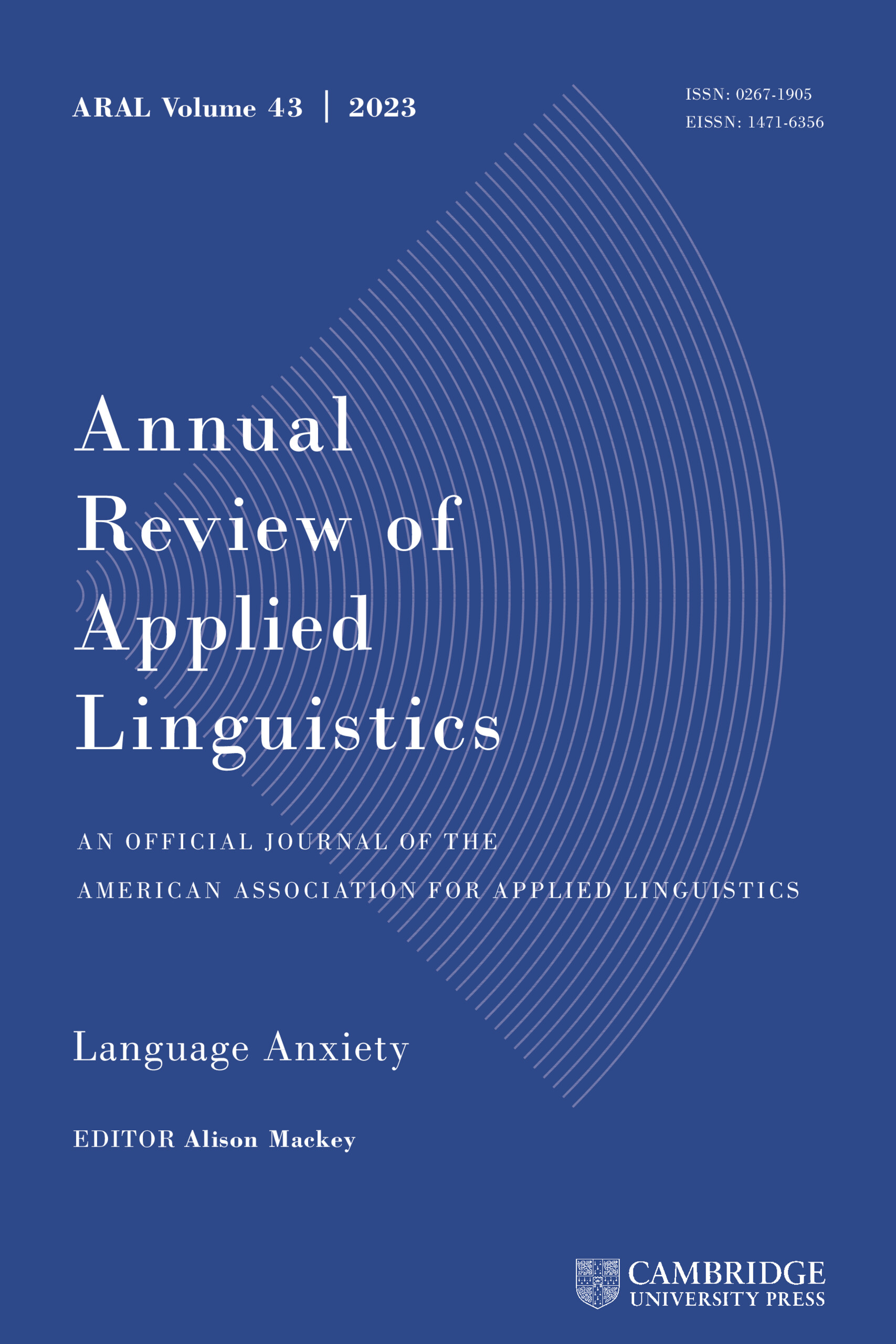No CrossRef data available.
Article contents
Literacy in Francophone Africa
Published online by Cambridge University Press: 19 November 2008
Extract
The ability to communicate, to understand a commonly available body of facts and reach a consensus for policy development and action depends on a literate society. Those who cannot read are unable to participate in the democratic process. They impose a growing social and economic burden on the literate (ANPA 1989:1).
- Type
- Regional and Country Overviews
- Information
- Copyright
- Copyright © Cambridge University Press 1991




